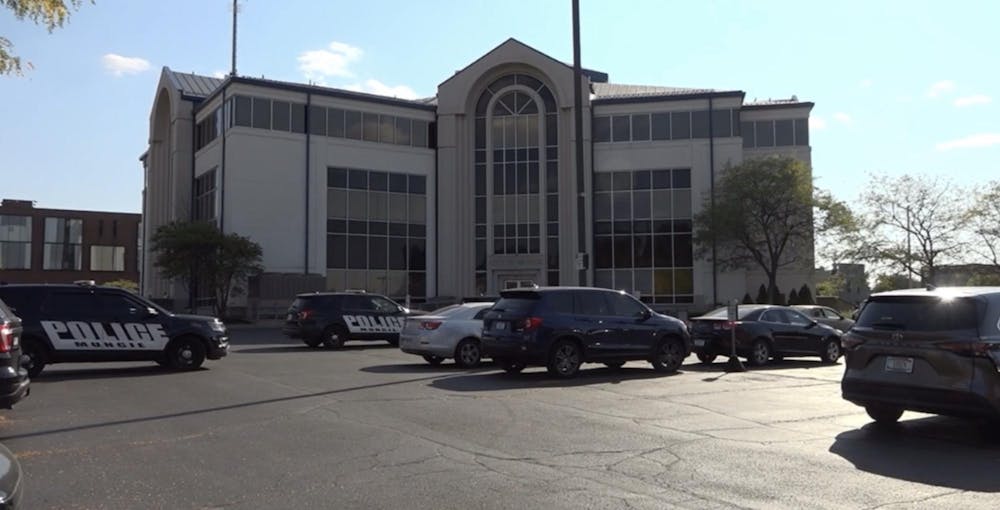MUNCIE, Ind. — It was revealed Wednesday that the House postponed a bill to avoid a partial government shutdown. But what is a government shutdown, and what does that mean locally?
According to CNN, speaker Mike Johnson has not spoken about steps to avoid the shutdown.
“So Congress has to pass 12 appropriation bills,” Associate Professor of Political Science Chad Kinsella said. “They come out of the different subcommittees of the budget. So Congress has to do that; the president has to sign it into law.”
If Congress cannot pass the appropriations, the government cannot completely function. While a government shutdown might sound intimidating, the wording is slightly vague. The government does not completely shut down, but some parts may close temporarily, or they might just slow operations.
“Some of them (government shutdowns) are pretty short,” Kinsella said. “There have been a couple (Government Shutdowns), I think 2019. The first one that happened was in 1995-1996. They were pretty long.”
But with that being said, what could this mean for Muncie and Ball State if the situation worsens?
“If you think about a place like Muncie, we’ve got a lot of students here. Student loans pump a lot of money in here,” Kinsella said. “We have a fairly indigent population in Muncie, so a lot of those federal benefits, if they’re slowed down or if the people who are applying for them can’t get enrolled in those programs, it can hurt towns like Muncie.”
A few of those federally funded programs include WIC, SNAP, Veteran Affairs and even the Delaware County Airport. But it is always important to remember that a government shutdown does not always guarantee that those funds are suspended.
It depends purely on the situation of the shutdown.
Contact Emma Matlock with comments at emma.matlock@bsu.edu.












